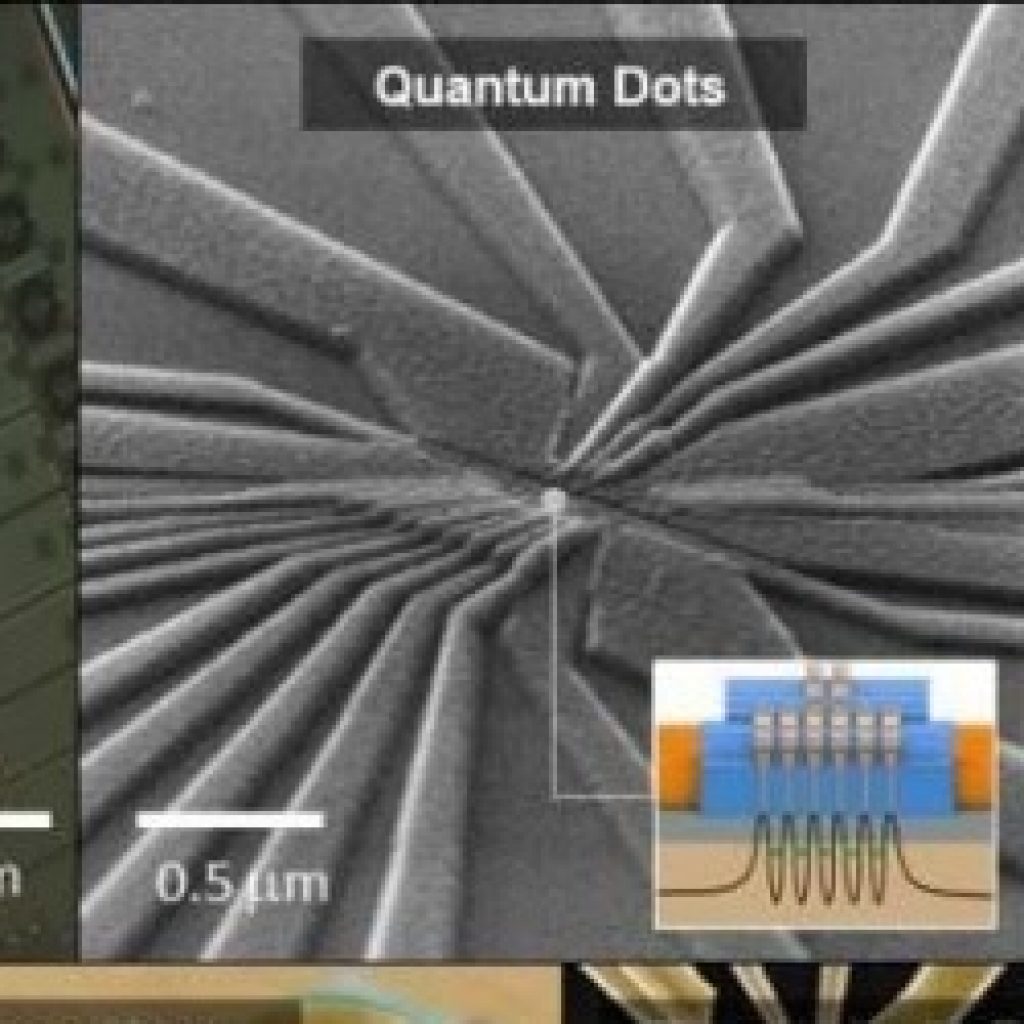(Phys.org) A new study outlines the need for materials advances in the hardware that goes into making quantum computers if these futuristic devices are to surpass the abilities of the computers we use today.
“There has been an explosion in developing quantum technologies over the last 20 years,” said Nathalie de Leon, assistant professor of electrical and computer engineering at Princeton University and the lead author of the paper, “culminating in current efforts to show quantum advantage for a variety of tasks, from computing and simulation to networking and sensing.”
“Just as classical computing hardware became an enormous field in materials science and engineering in the last century, I think the quantum technologies field is now ripe for a new approach, where materials scientists, chemists, device engineers and other scientists and engineers can productively bring their expertise to bear on the problem.”
“To continue moving forward in the next decade, we will need advances in materials and fabrication technologies for quantum computing hardware—in a similar way to how classical computing progressed in microprocessor scaling. Breakthroughs do not happen overnight, and we hope more people in the materials community will begin to work on quantum computing technology.
Qubits can be made in various ways, with the leading technologies being superconducting qubits, qubits made from trapping ions with light, qubits made from the silicon materials found in today’s computers, qubits captured in “color centers” in high-purity diamonds, and topologically protected qubits represented in exotic subatomic particles. The paper analyzed the chief technological challenges associated with each of these materials and proposes strategies for tackling these problems.
Materials Advances Are Key to Development of Quantum Hardware
